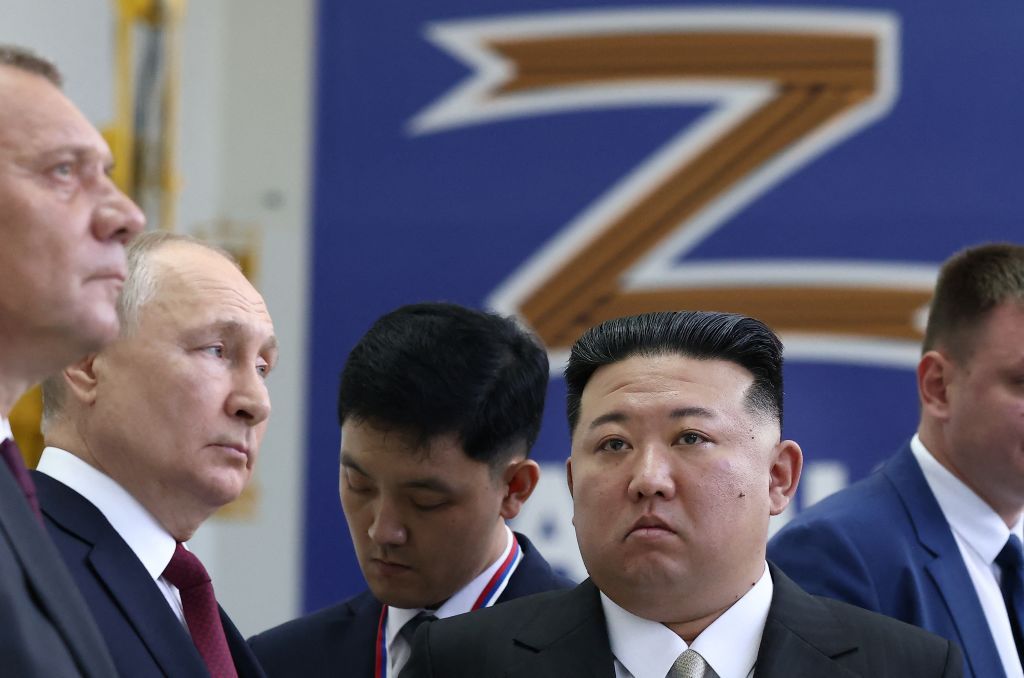Bloomberg: Estonian general says NATO underestimated Russia’s war machine

Martin Herem, the commander of the Estonian Defense Forces, said that NATO underestimated Russia's ability to supply its war in Ukraine, and Russian production of artillery shells is far outstripping European efforts, Bloomberg reported on Jan. 24.
The European Union pledged in March 2023 to deliver one million artillery shells to Ukraine by March 2024, but by November 2023, Ukraine's Foreign Minister Dmytro Kuleba said the deliveries were behind schedule.
EU Internal Market Commissioner Thierry Breton said on Jan. 20 that the EU will be able to produce around 1.3 to 1.4 million shells by the end of 2024 and will continue to increase production "significantly" next year.
Speaking to Bloomberg from Tallinn, Herem said that the West had estimated that Russia could produce a million artillery shells a year, but intelligence suggests that the country has the capacity to produce "many times more."
Predictions that Russian forces would reach the limits of their resources have not materialized, Herem said, and NATO underestimated the resources and personnel Russia has at its disposal.
New intelligence about Russia's capabilities has therefore "prompted a re-evaluation among NATO allies," Bloomberg reported.
Russia is also receiving new supplies of ammunition from abroad, with North Korea becoming Russia's largest arms supplier, according to Ukraine.
The country has supplied Russia with around one million rounds of ammunition, mainly consisting of 122mm and 152mm artillery shells, Vadym Skibitskyi, a representative of Ukraine's Military Intelligence, said on Jan. 15.
Ukraine's Defense Minister Rustem Umerov said on Jan. 18 that Russia "vastly outnumbers" Kyiv's troops in daily artillery attacks, sometimes firing five to ten times more shells.
NATO, meanwhile, concluded contracts for the purchase of around 220,000 155mm shells on Jan. 23 on behalf of allies who will either pass shells to Ukraine or use them to refill their own arsenals.
Herem said that while Russia's capabilities will not pose a direct threat to NATO "today or tomorrow," Russia could be in a position to engage in "smaller-scale aggression" against a NATO state if its resources are no longer being used in Ukraine.













